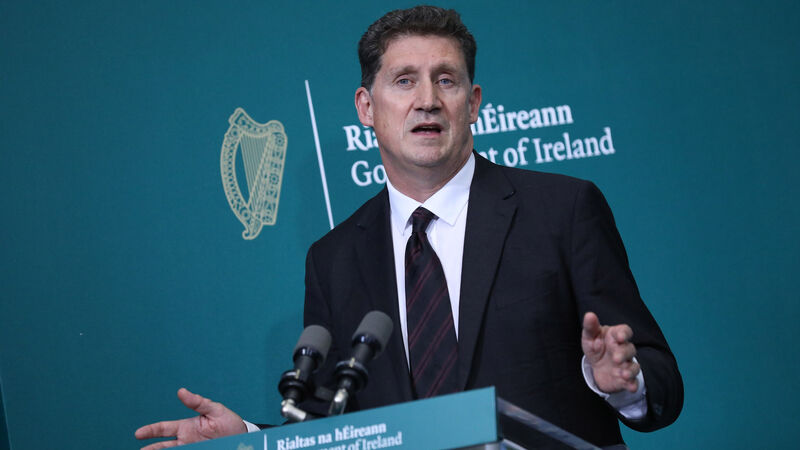Ryan: Glasgow deal 'disappointing' but keeps 1.5C ambition alive

"What the world has done today is to keep 1.5 alive, recommitting to keep the global temperature increase at a level that is liveable for humanity," Mr Ryan said.
Minister for the Environment Eamon Ryan Eamon Ryan has welcomed the final Cop26 “Glasgow Pact” text as a compromise to keep alive the goal of limiting global warming to 1.5 degrees.
He says it is "deeply disappointing" that wording on an end to coal and fossil fuel subsidies was "watered down".
CLIMATE & SUSTAINABILITY HUB













